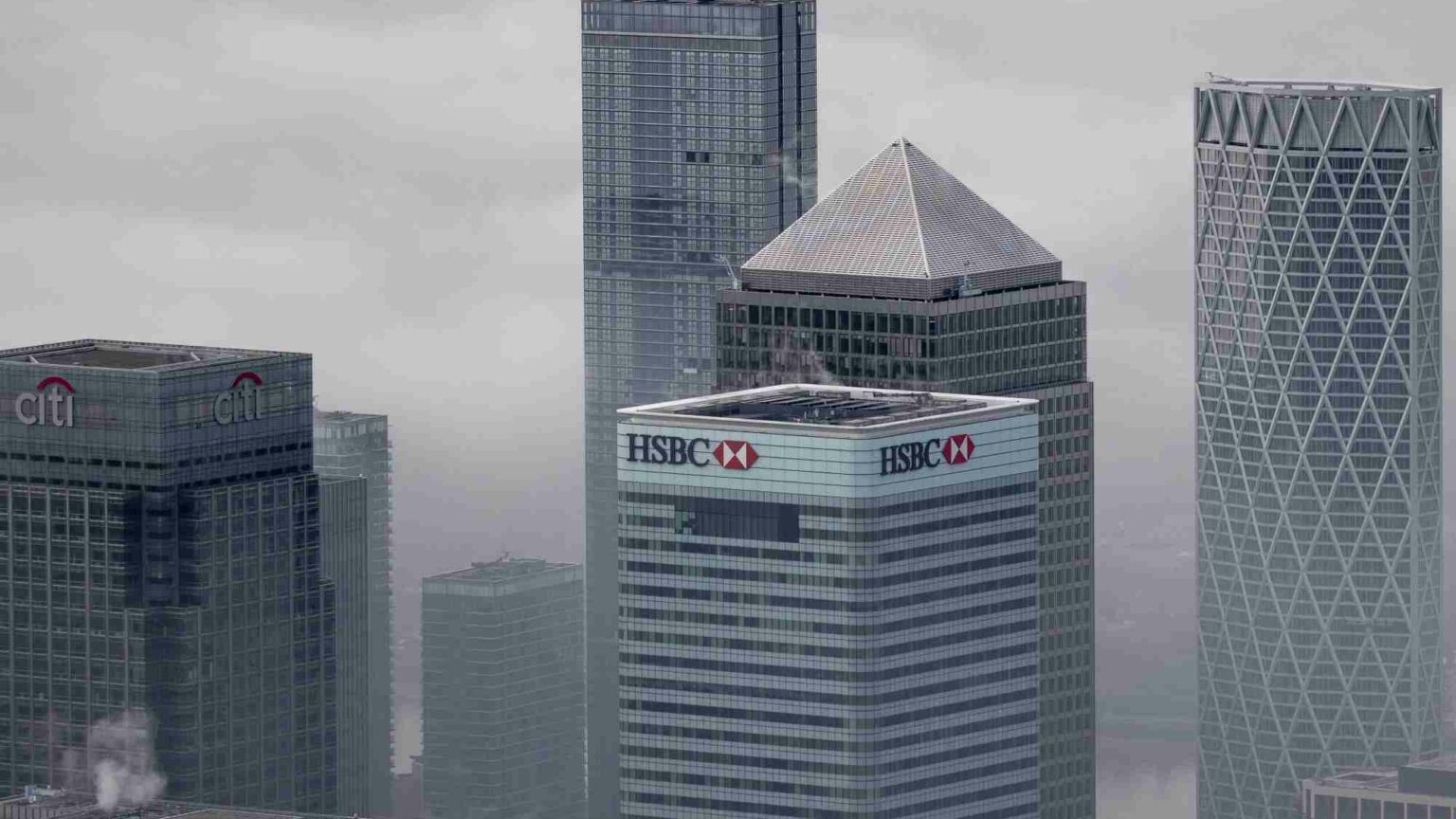There’s an excellent article in Spiked by Telegraph columnist Andrew Orlowski that puts the suspension of HSBC’s Stuart Kirk into perspective. As readers will recall, Kirk was suspended last week after giving a heretical presentation at an investors’ summit organised by the FT entitled “Why investors need not worry about climate risk”. But why did some green members of the audience complain – and why did HSBC rush to placate those activists? It’s all about the current fashion for basing investment decisions on a company’s ESG rating, which stands for ‘Environmental, Social and Governance’, Orlowski explains.
ESG is essentially a rating tool which punishes companies and fund managers for activities that are deemed sinful, such as investing in fossil fuels. BlackRock chairman Larry Fink – perhaps the most influential capitalist in the world – is one of the driving forces behind the adoption of ESG. In 2020, he wrote that “the evidence on climate risk is compelling investors to reassess core assumptions about modern finance… In the near future – and sooner than most anticipate – there will be a significant reallocation of capital”.
Fink’s firm, BlackRock, is in a position to make that reallocation happen, as one of three investment managers that effectively “owns the market”. As the Wall Street Journal explained last week: “In 90 per cent of public companies, one of the Big Three is the largest shareholder” Companies that fail to comply with ESG demands are effectively bullied into doing so. Activists can vote out directors who disagree. ESG has gone largely unchallenged, as the response to Kirk’s presentation illustrates. ESG assets are now worth over $50 trillion. Mastercard recently linked its executive pay to ESG targets on “carbon neutrality, financial inclusion and gender-pay parity”. Long-term investment in fossil-fuel extraction has declined markedly thanks to ESG.
Yet no one can really agree on what is actually ‘ethical’ in ESG. Last week, Elon Musk’s electric-car firm, Tesla, was ejected from the S&P500 ESG list. In response, Musk called ESG a “scam” that had been “weaponised by phoney social-justice warriors”.
For anyone hoping that ESG’s inexorable rise will continue, radically redirecting capital allocation towards supposedly ‘ethical’ firms, the weeks since Russia’s invasion of Ukraine have been tough. ESG advocates, until recently, could argue that ESG equities were outperforming ‘sin stocks’ like fossil fuels. But this relied largely on the performance of Big Tech stocks, such as Amazon and Alphabet (Google), which are all ESG compliant. In recent weeks, their big gains during the Covid pandemic have gone into reverse.
“There are essentially two core components of the ESG mantra,” notes the Telegraph’s Ben Wright. “The first is that ethically sound companies will perform better in the long run. The second is that disinvestment creates the economic pressure for change. Both claims are unproven at best.”
As author Rupert Darwall explained in a recent paper, the use of public companies as a vehicle for pursuing a narrow, dogmatic agenda raises deep questions of legitimacy. And the divestment from fossil fuels has already come at an extremely high cost, driving up energy and food prices, and fuelling inflation.
Worth reading in full.












To join in with the discussion please make a donation to The Daily Sceptic.
Profanity and abuse will be removed and may lead to a permanent ban.